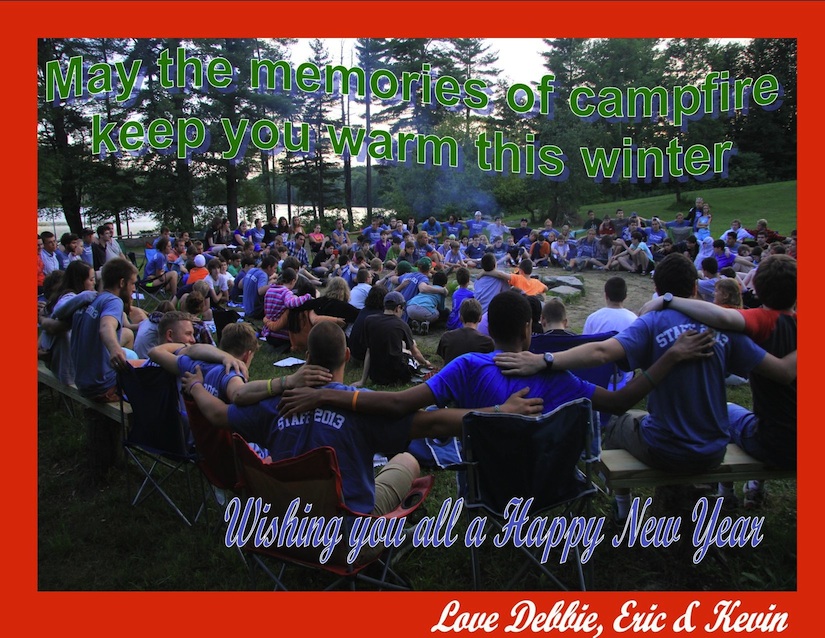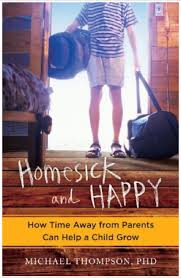I used to do a lot of theater when I was younger – mostly musicals – and I find myself humming “Another Opening, Another Show” today. Most of our staff members have been here at camp with us for 8-14 days; the others have been here since the end of May. We’ve been busy getting our site ready, learning about all of our campers, talking about safety (physical and emotional), behavior, food, fun and social skills. We’ve shared with them our vision for camp. Eric and I dress up, make colorful signs and attempt to be funny in skits we’ve written in an effort to impart to our staff everything we believe in – mainly, that we are about to embark together on the most incredible, life-changing summer experience on the planet. Standing in front of our staff of approximately 100 people today and reminding them of that mission, I feel confident that they really “get it”. This is a special group of staff and I’m thrilled to work with them for the next two months.
This is our sixth summer at Akeela and I still get a nervous stomach on opening day – much like I used to as I waited backstage for the orchestra to begin the overture. I used to start questioning myself, “Will I remember my lines”, “will my props be where they’re supposed to”, “will the cast remember their lines”, and “will I trip onstage”? Today, as I wait for the buses to pull in to camp I ask new questions, “Will everyone feel great about themselves when they leave”, “Will everyone make a friend”, “Will they grow”, “Will they feel more confident and proud of their achievements”, “Will they feel as though they’ve been a part of something bigger than themselves”?
I’m excited. This is what we’ve been working towards all year. Another Opening of the most Amazing, Life-Changing Summer Experience on the Planet!
-Debbie





 Check out
Check out